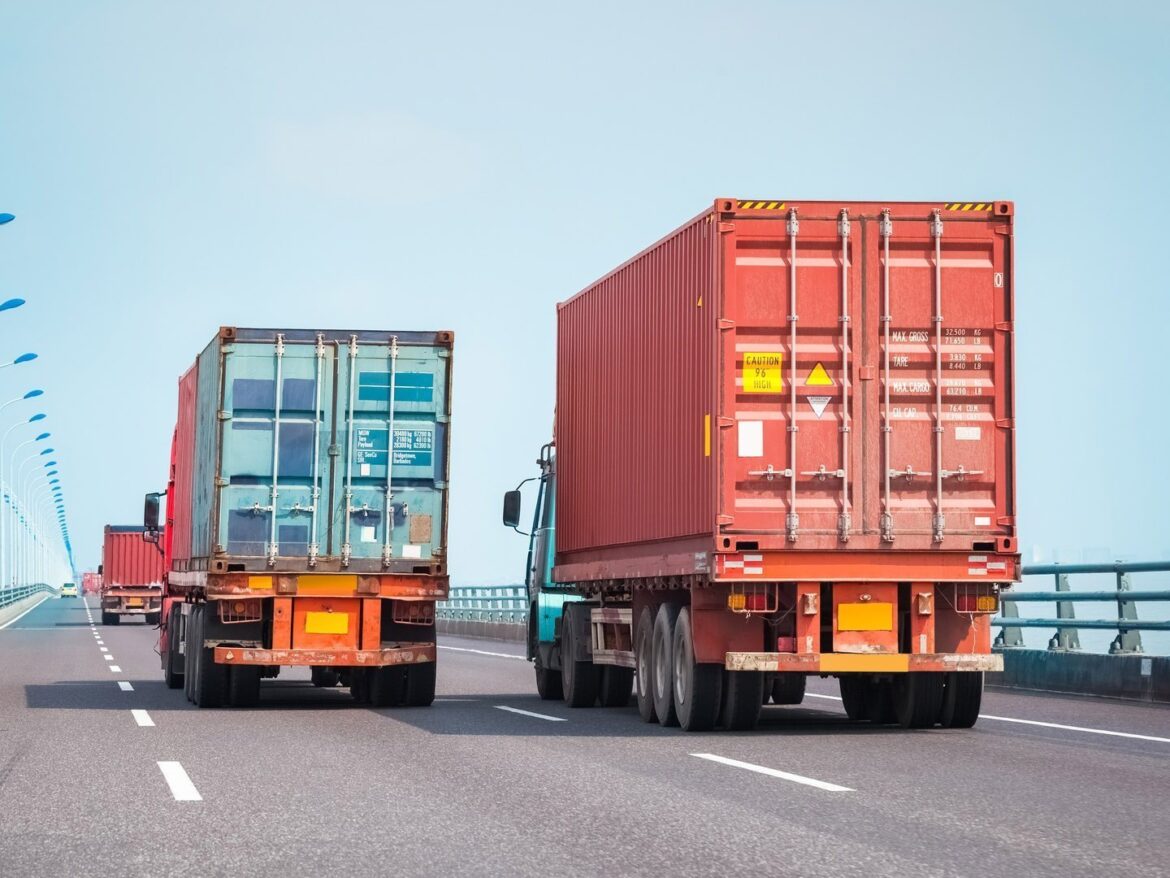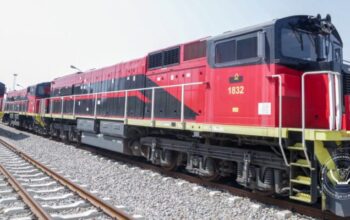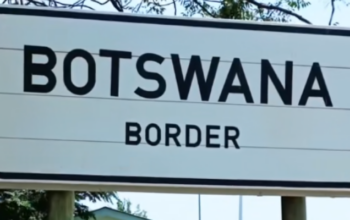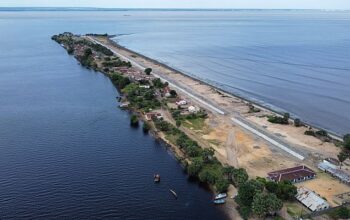The Secretary-General of the Ministry of Transport, Communication Channels, and Accessibility, Abolia Taba Mopolo, convened a meeting in Kolwezi on Thursday, March 13, 2025, bringing together representatives from mining companies, the General Directorate of Customs and Excise (DGDA), the National Road Safety Commission (CNPR), and the Federation of Congolese Enterprises (FEC Lualaba).
The meeting focused on implementing Ministerial Decree No. VPM/MTVCD/CAB/011/2025, issued on February 25, 2025, which regulates cross-border transport of goods in the Democratic Republic of Congo (DRC).
The Congolese government aims to prioritize local transporters in the freight industry, addressing an imbalance where foreign companies dominate mineral transportation despite resources being mined in the DRC.
“Congolese people must benefit from the revenue generated by transporting goods from their own soil. It is unacceptable that Congolese minerals are transported almost exclusively by foreign companies,” declared Secretary-General Mopolo.
Currently, only 5% to 6% of transporters operating in the DRC are Congolese, with foreign firms controlling the sector and reaping the majority of profits. This limits local industry growth and reduces national revenue.
Another major concern raised was the lack of proper taxation on transport services. Many goods move within and out of the country without adequate tax collection, leading to revenue losses.
“Transport services must be taxed appropriately, with rigorous oversight of payments, which is currently lacking in the DRC,” emphasized Mopolo.
Participants noted that several neighboring countries already have policies requiring a significant percentage of exports to be handled by domestic transporters.
Some nations reserve up to 50% of transported goods for local companies. In response, the DRC government intends to apply similar regulations.
Key measures under the new decree include:
- Prioritizing Congolese transporters for all road shipments.
- Mandating that at least 50% of mining and other goods leaving the DRC be transported by Congolese companies.
This policy aims to revitalize the domestic transport sector, create jobs for Congolese nationals, and ensure fair distribution of revenue from exports.
By enforcing these measures, the government seeks to strengthen the local economy and increase national benefits from its mineral wealth.




